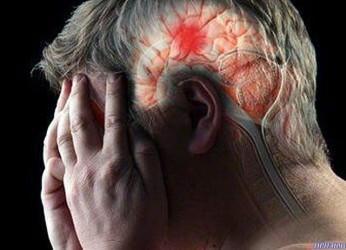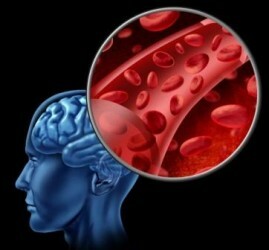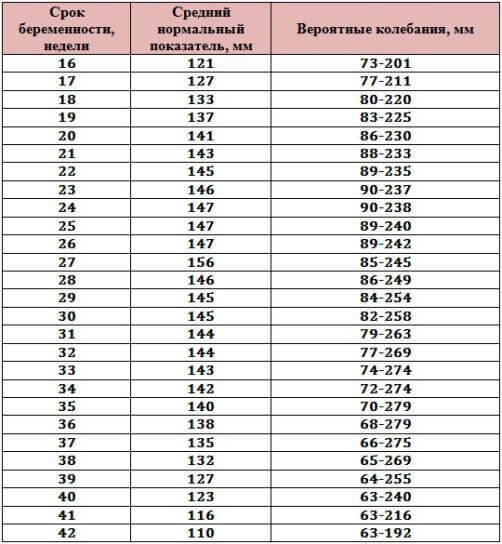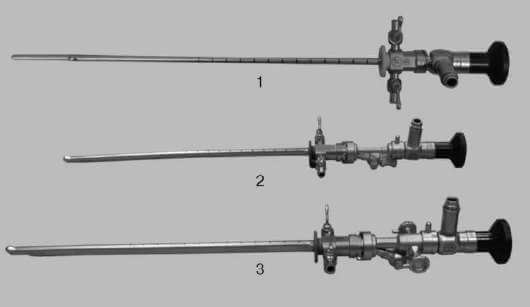Symptoms of Ischemic Disease of the Brain
Contents:
- reasons
- cerebral ischemic disease of the brain ischemia: Symptoms
- stages of chronic brain ischemia
- ischemic attack
- Conclusion
brain ischemia is a subtype of cerebral diseases characterized by progressive dysfunction of the blood supply to the growth of various defects in its functioning. This disease occurs in 75% of cases of circulatory disorders of the brain. The diagnosis is carried out on the basis of symptoms the head of the patient brain ischemia UZDG vessels, CT or MRI survey using hemostasiogram etc. 
reasons cerebral ischemia
Among the most frequent causes of this disease are distinguished:.
- atherosclerosis of cerebral vessels with gradual appearance of them BodyDeposits, contributing to the narrowing of the lumens of blood vessels and the violation of the total blood flow. It can occur against a background of hypertension, diabetes mellitus, myocardial dysfunction, etc.;
- presence of thrombi that clogs the luminal arteries of the brain;
- dysfunction of the venous system( thrombophlebitis, thrombosis, etc.);
- pathology of the spine, leading to a disturbance of the blood flow of the arteries of the spine;
- amyloidosis of vessels and internal organs;
- collagen diseases, vasculitis and other blood diseases
also factors contributing to the development of these diseases are the patient's age, gender, predisposition, smoking, obesity, poisoning by carbon monoxide, blood loss, etc.
ischemic brain disease:.
Symptoms There are many symptoms of ischemiaBrain, taking into account their classification and duration, the most common of which are:
- problems with speech and hearing;
- increased fatigue;
- weakness, irritability;
- mood swings;
- amnesia;
- is a nervous excitement;
- frequent headaches;
- vomiting, nausea, loss of consciousness;
- pressure drops;
- numbness of the limbs;
- chills in the body.
Chronic ischemia is characterized by destructive circulatory system in the brain. In this case, the brain begins to feel the need for elements such as oxygen and glucose, contributing to the performance of its important functions( memory, emotions, etc.).With chronic ischemia of the brain, the symptoms are slightly different. The movements in the patients are inhibited and indistinct, memory deterioration occurs, there is a superficial and rapid breathing. Also, patients periodically feel the numbness of the limbs, which is caused by incorrect processing or transmission of sensory information. These same causes are identical for blindness and inhibition of brain and thought processes.
Stages of chronic brain ischemia
There are three stages in the development of this pathology, each of which is characterized by a specific set of symptoms. Differences in ischemic stroke are discussed below.
For the first stage is characterized by frequent headaches, weakness, fatigue, dizziness, sleep disturbance, drowsiness, frequent yawning. It should be noted that this symptomatology is typical for many diseases, therefore the diagnosis of cerebral ischemia is possible only with the help of special diagnostic procedures and the study of their results by a neurologist. For this stage, the formation of visible neurological syndromes( except for the asthenic type) is not typical, and with proper treatment it is possible to eliminate specific symptoms or whole pathology as a whole. 
signs of cerebral ischemia are expressed in the second stage memory destructiveness, disability, dizziness and fainting, partial loss of movement coordination. On MRI, the symptoms look more pronounced: pyramidal, amyostatic, and psycho-organic syndromes are traced. In addition, significantly over-excitability of the reflexes of oral, facial nerve dysfunction, disorders of coordination, intelligence disturbances, memory loss, stuttering in speech, confusion of words, etc.
Important! In the third stage, pyramidal, discordant, amyostatic syndromes are distinguished. The patients have severe headaches, fainting. Small and complete strokes with residual events or neurological deficits may be observed.
Ischemic attacks
Ischemic attack, is a dysfunction of the brain, expressed in paresis and destructiveness of sensitivity and its types. Conventional attacks are characterized by dizziness, nausea, speech impairment, numbness of the facial nerves, impaired vision. In those cases, if the attack does not pass within 24 hours, then an ischemic stroke is exhibited to the patient by neuropathologists. Attack in the pool of carotid arteries is characterized by numbness of the face and other limbs, weakness of the hands or feet, speech impairment. Attack in the vessels of the vertebrobasilar system is characterized by a visual impairment: a veil before the eyes, clouding, bifurcation, epileptic brain damage, dystortia, etc. 
Conclusion
The diagnosis of this disease is a complex process that should be determined exclusively by professionals. Manifestation of symptoms of cerebral ischemic disease at any stage of the brain is the first condition for the immediate treatment of the patient to the doctor in order to avoid negative consequences for the life of the patient. It is also necessary to carry out preventive measures aimed at preventing the disease. In this video, you can learn more about the prevention of ischemia.
write the question in the form below:



